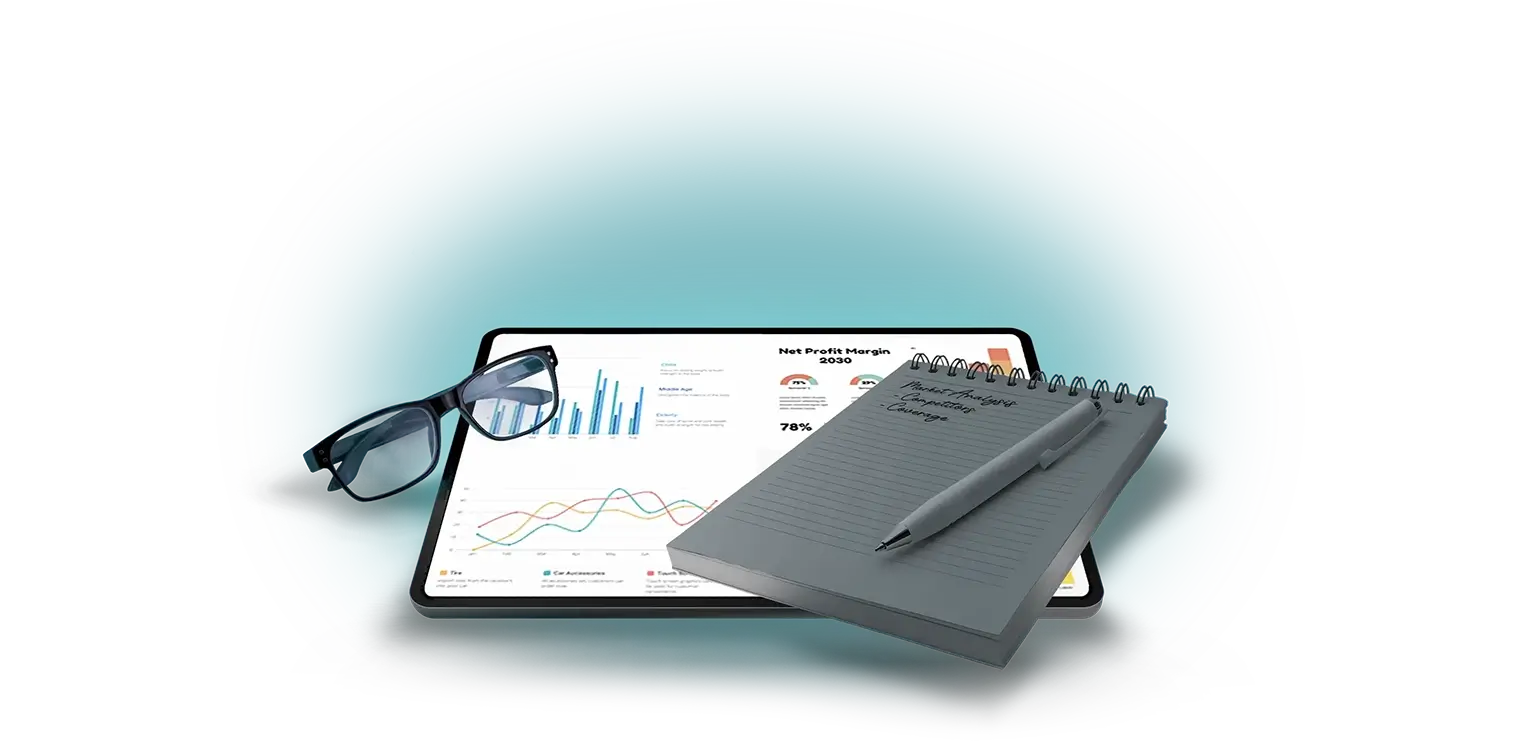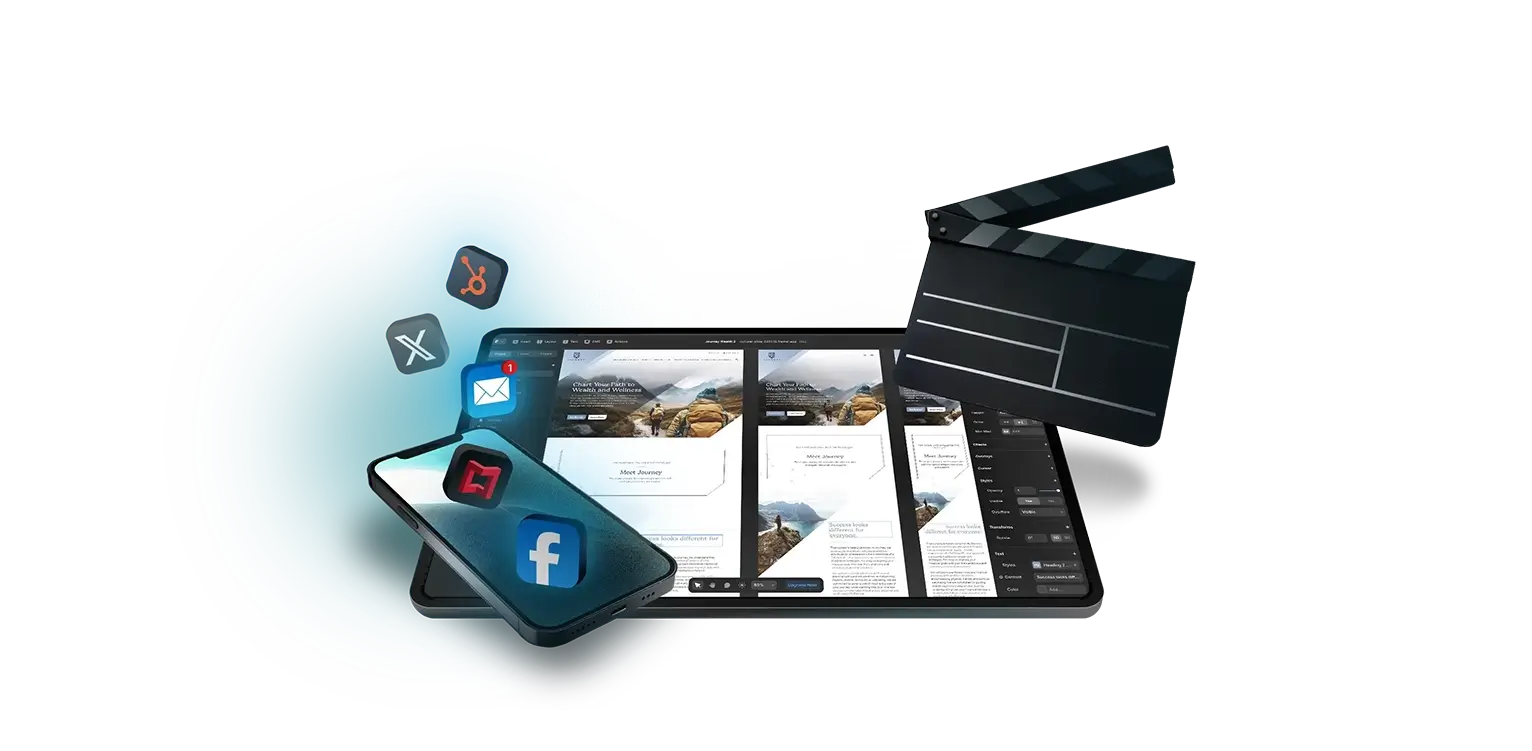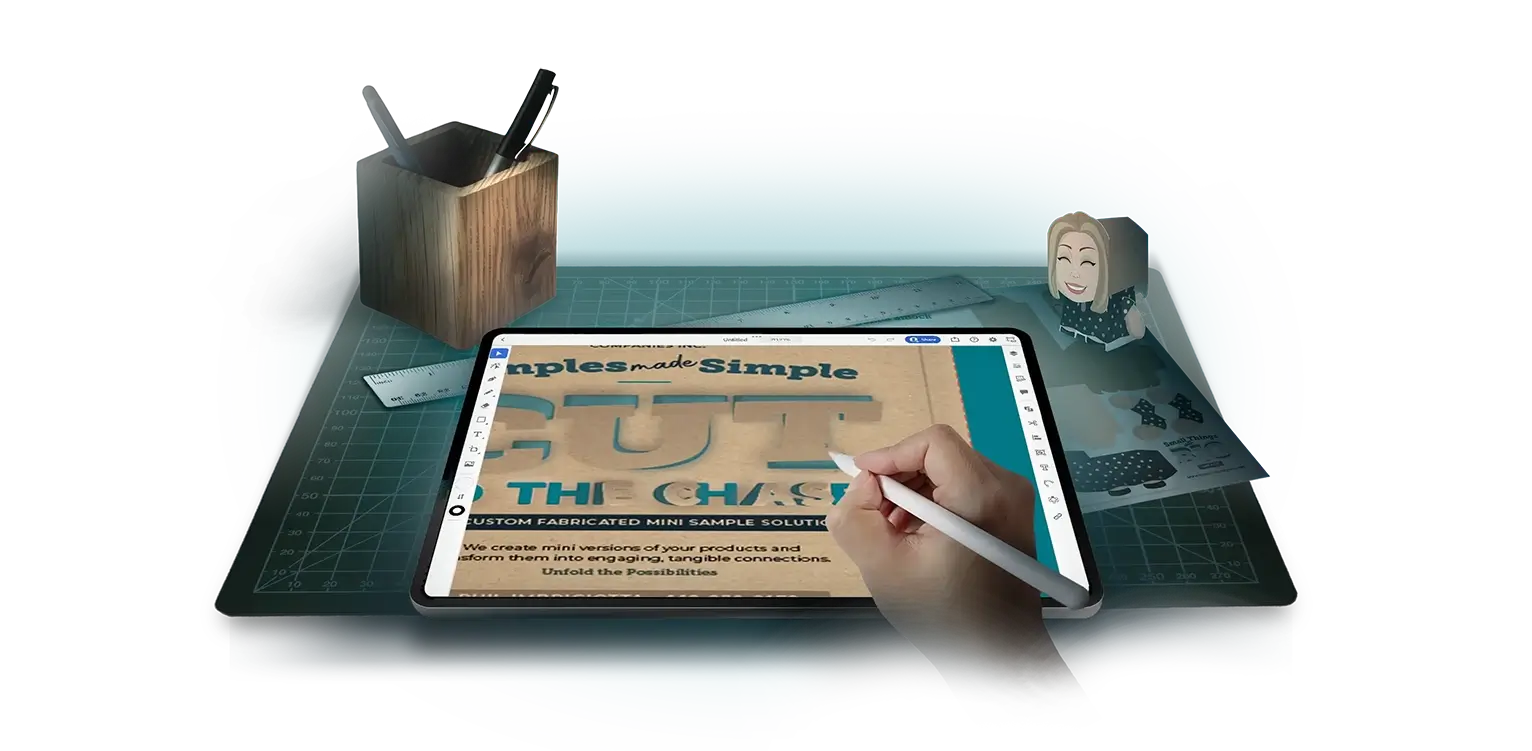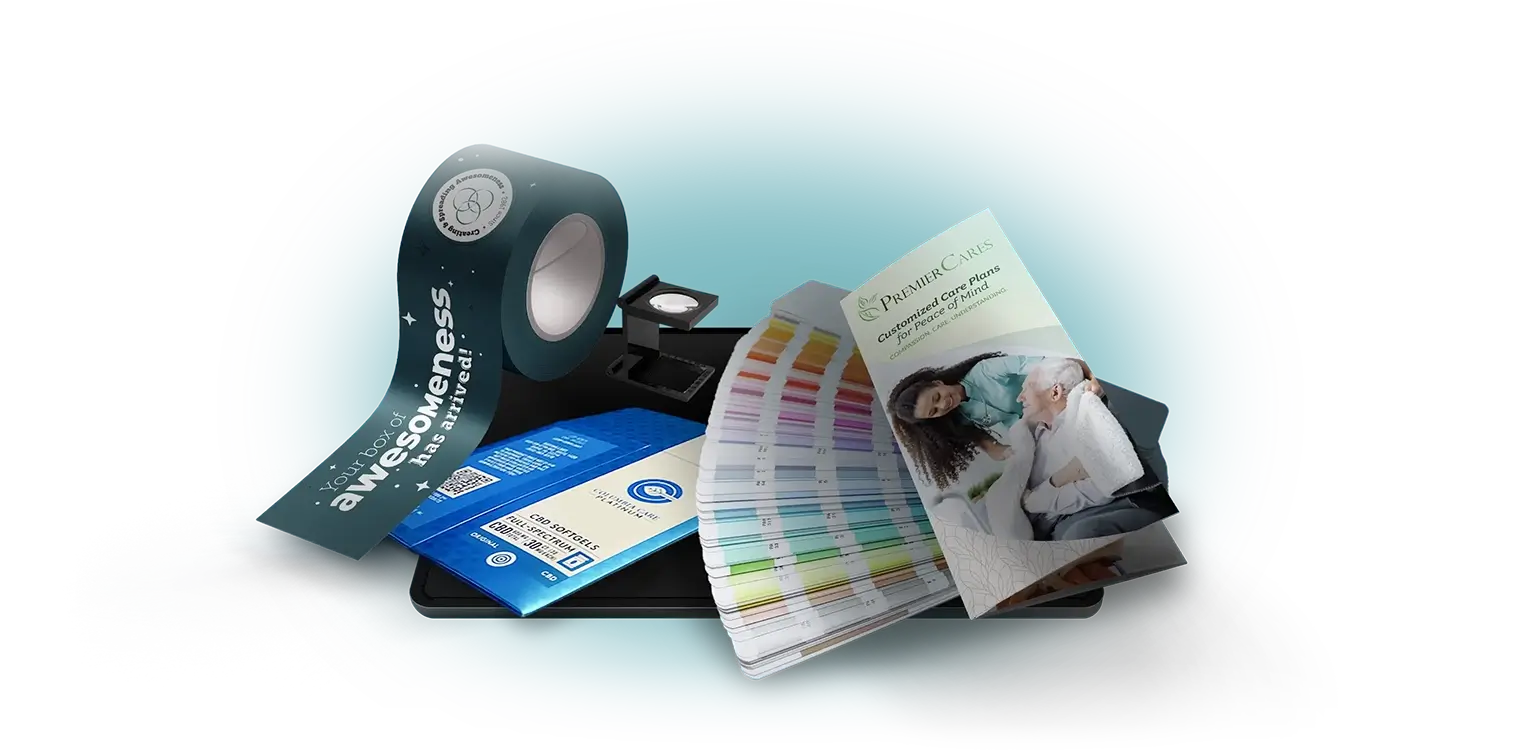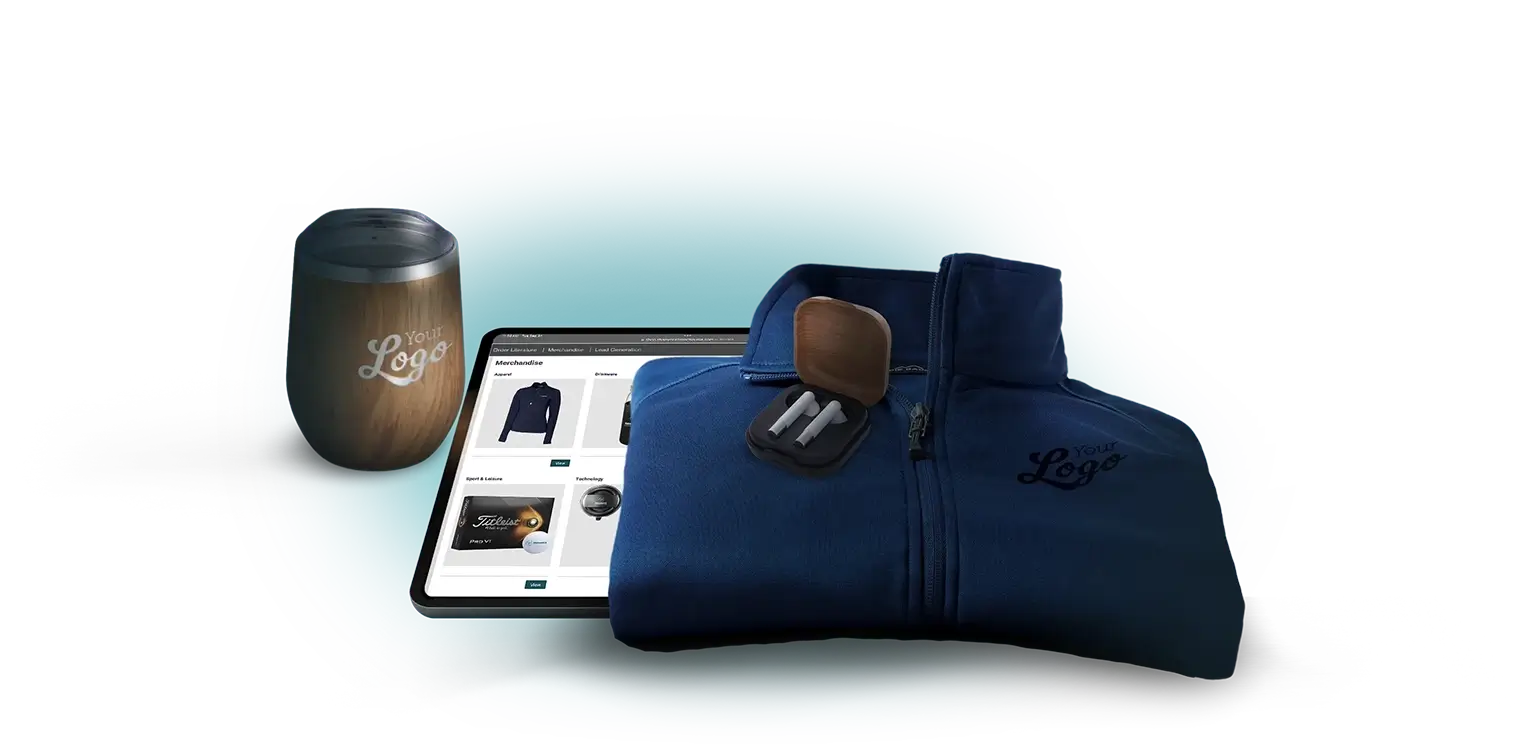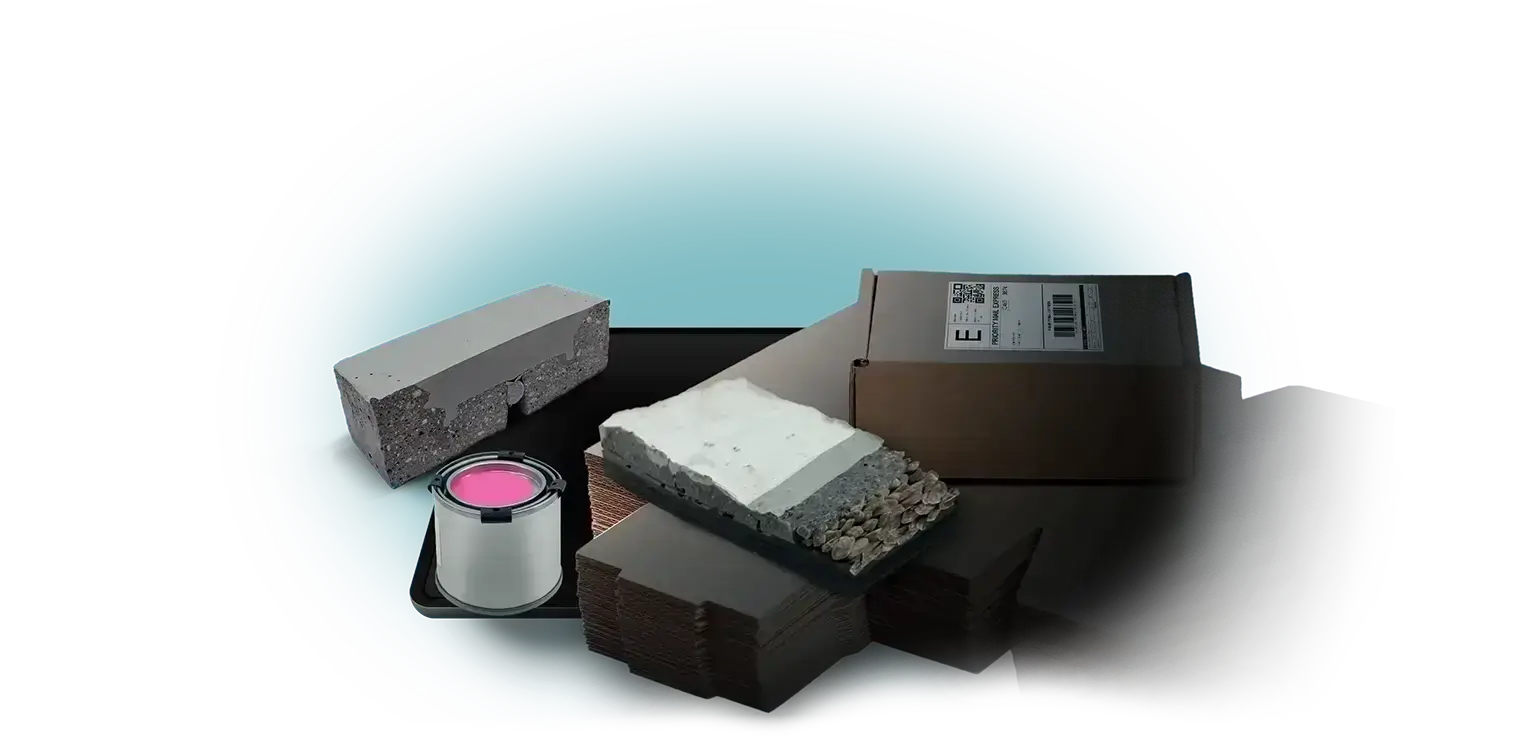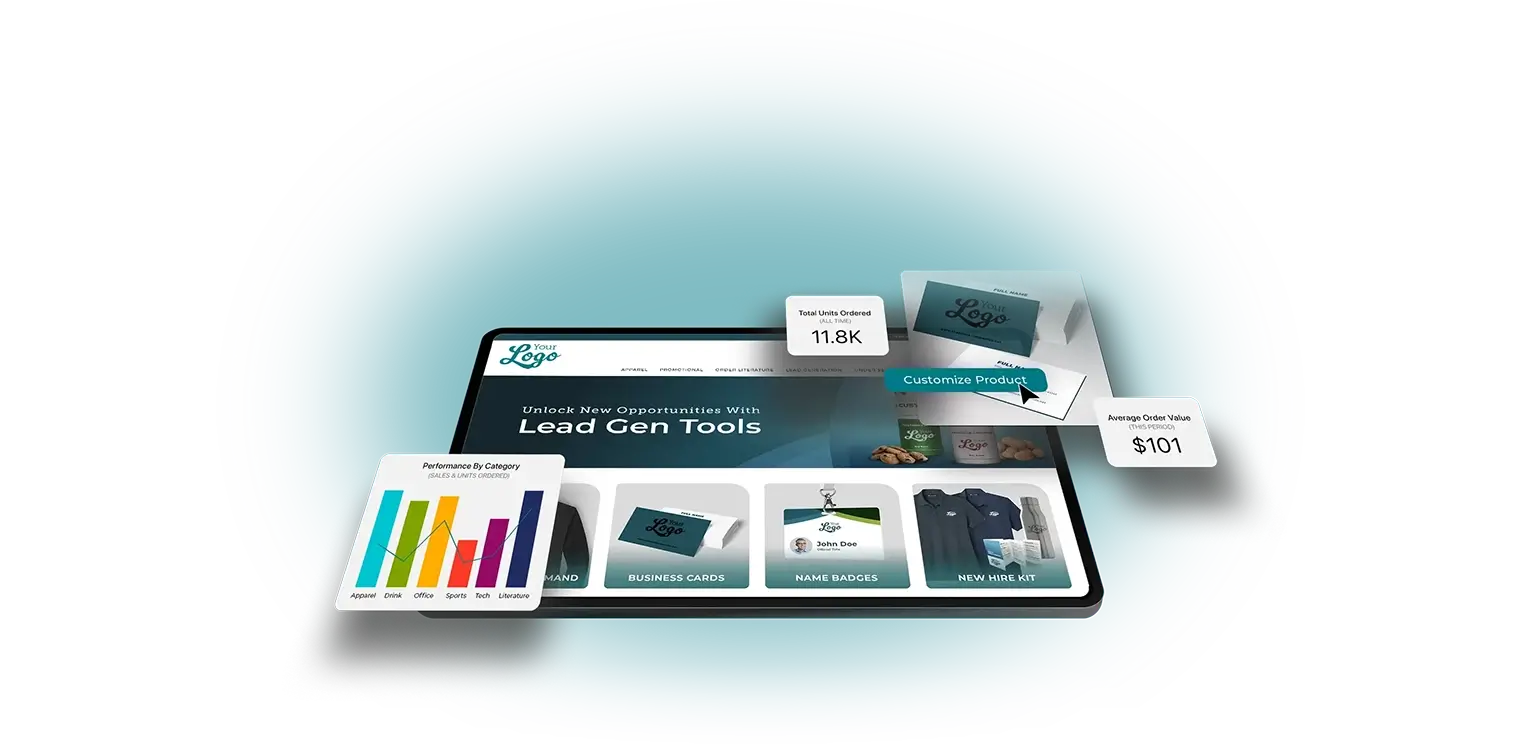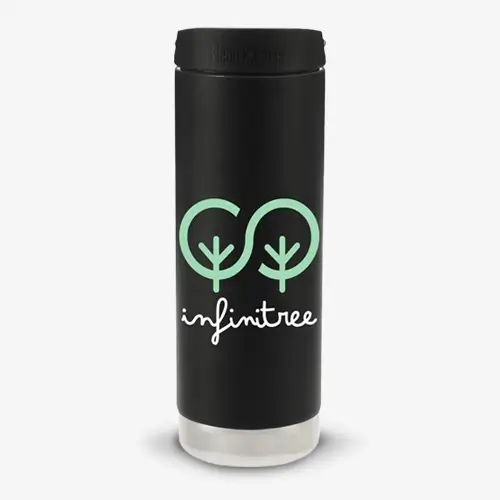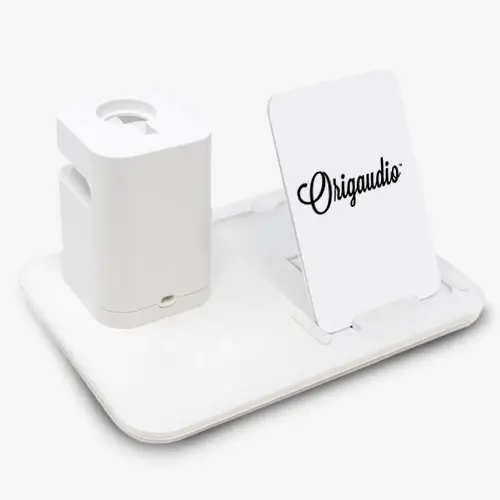Meet Shamrock
eStore Manager
Warehousing, Shipping & Product Sample Partner
Promo Product Supplier & Revenue Driver
Professional Printer & Packaging Expert
Creative Designer & Brand Ambassador
Digital Marketer & Web Developer
Brand Strategist & Content Creator

Exciting news!
We’re now an employee-owned company!
We are thrilled to announce that Shamrock has transitioned to an Employee Stock Ownership Plan (ESOP). This milestone reflects our commitment to our incredible team and their role in our success.
By becoming employee-owners, we’re strengthening our collaborative spirit and ensuring that everyone shares in the growth and future of The Shamrock Companies. Together, we’re building a stronger, more sustainable company. Thank you for being part of this exciting journey!
“No” is not in our vocab.
We create and manage brand marketing programs for ambitious companies like yours with an integrated marketing and project management approach that’s part strategy, part creative resources, and all hustle.
What’s hot now in company swag?
Watch our latest virtual event.
Stay current with the latest marketing insights, seasonal promo and swag, product launches, and more.
